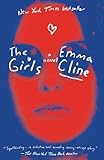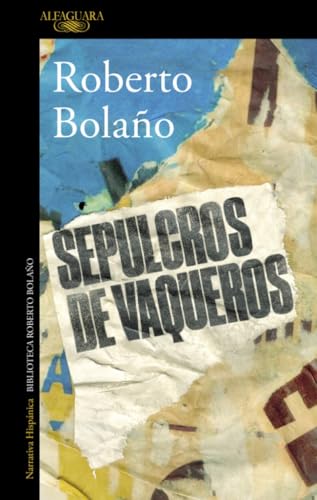I am a chaotic reader. Is there a hidden logic in my scattered interests? Whenever somebody asks me about my recent reading, the first temptation is to discard the question with a pedantic answer: “I reread Ulysses.” Truth is, I only read Ulysses once, some 30-odd years ago.
This year, however, I returned to a major classic to teach a seminar. The Spanish-born Mexican poet Tomás Segovia achieved a new and astonishing rendition of Hamlet. One of the great side effects of translators is that they can renew a masterpiece. You Americans can have a “new” Don Quixote, and we Mexicans can have a “new” Hamlet. Segovia, who died in 2011, was a great poet. He translated some hundred books. His shadow boxing for Hamlet was the Spanish version of Harold Bloom’s Shakespeare: The Invention of the Human. After such a titanic feat, he approached Shakespeare’s play with special attention to the music of words. On the rule, translators try to deliver the same content in a different language. But this not always includes finding an equivalent to the sound of words. Each language has its own rhythm, its own metric. Segovia translated Shakespeare “as if” he was using the rhythmic stanzas of, lets say, Gonzalo de Berceo. The outcome is awesome, both refreshing and loyal to the original poetic intention: the musical flow of English assumes the flow of Spanish.
 Translation forces you to achieve a paradox. Obeying the primal message means to adapt it to your own culture. Literal translations are terrible. In order to achieve a genuine literary effect, you have to change some things. A very modest example: in Romeo and Juliet, Shakespeare speaks of the nine lives of a cat. For a mysterious reason in Spanish, cats have just seven lives. Two lives have to be lost in translation in order to sound natural in my language. Nine-life cats aren’t convincing in this poor part of the world.
Translation forces you to achieve a paradox. Obeying the primal message means to adapt it to your own culture. Literal translations are terrible. In order to achieve a genuine literary effect, you have to change some things. A very modest example: in Romeo and Juliet, Shakespeare speaks of the nine lives of a cat. For a mysterious reason in Spanish, cats have just seven lives. Two lives have to be lost in translation in order to sound natural in my language. Nine-life cats aren’t convincing in this poor part of the world.
Aside from Hamlet, I read other books. I don’t want to boast with a list nobody can fact-check. Suffice it to say that I embarked on a psychedelic trip. I am writing a play on Timothy Leary’s sojourn in Mexico. When he was expelled from Harvard, he came to Mexico and founded a kind of Club Med of the mind at the Catalina Hotel in Zihuatanejo. In the company of some 30 followers he organized sessions to enhance human perception. This attracted attention from the Mexican and American authorities (allegedly, an FBI agent took part in the sessions). Leary was approached by Mexican politicians and this lead to a very interesting exchange. According to Leary, Mexico had a great chance to become “the psychedelic Switzerland,” the haven of chemical recreational drugs. Mexico had the opportunity to legalize drugs and control them, following the example of the vernacular Indian communities. Otherwise the whole business would be run by the drug lords, as it eventually happened.


 My play takes place at the Catalina Hotel in Zihuatanejo in those experimental days. I read the catalog of the De Young Museum about the Summer of Love exhibition, the novel The Girls by Emma Cline, the collection of essays Leary on Drugs, Leary’s biography Flashbacks, The Harvard Psychedelic Club by Don Lattin, Timothy Leary: A Biography by Robert Greenfield, and reread Naked Lunch by William S. Burroughs, Island and The Doors of Perception by Aldous Huxley, among other stuff.
My play takes place at the Catalina Hotel in Zihuatanejo in those experimental days. I read the catalog of the De Young Museum about the Summer of Love exhibition, the novel The Girls by Emma Cline, the collection of essays Leary on Drugs, Leary’s biography Flashbacks, The Harvard Psychedelic Club by Don Lattin, Timothy Leary: A Biography by Robert Greenfield, and reread Naked Lunch by William S. Burroughs, Island and The Doors of Perception by Aldous Huxley, among other stuff.
I read other books with no cannibalizing intentions. One of them: the formidable Cowboys’ Grave, by my late friend Roberto Bolaño. It was published in 2017, 13 years after his departure. I remember the sad farewell I attended at Les Corts crematory in Barcelona, in 2003. Who could have said that so many years later Roberto would still be the most productive writer of my generation?
More from A Year in Reading 2017
Don’t miss: A Year in Reading 2016, 2015, 2014, 2013, 2012, 2011, 2010, 2009, 2008, 2007, 2006, 2005










